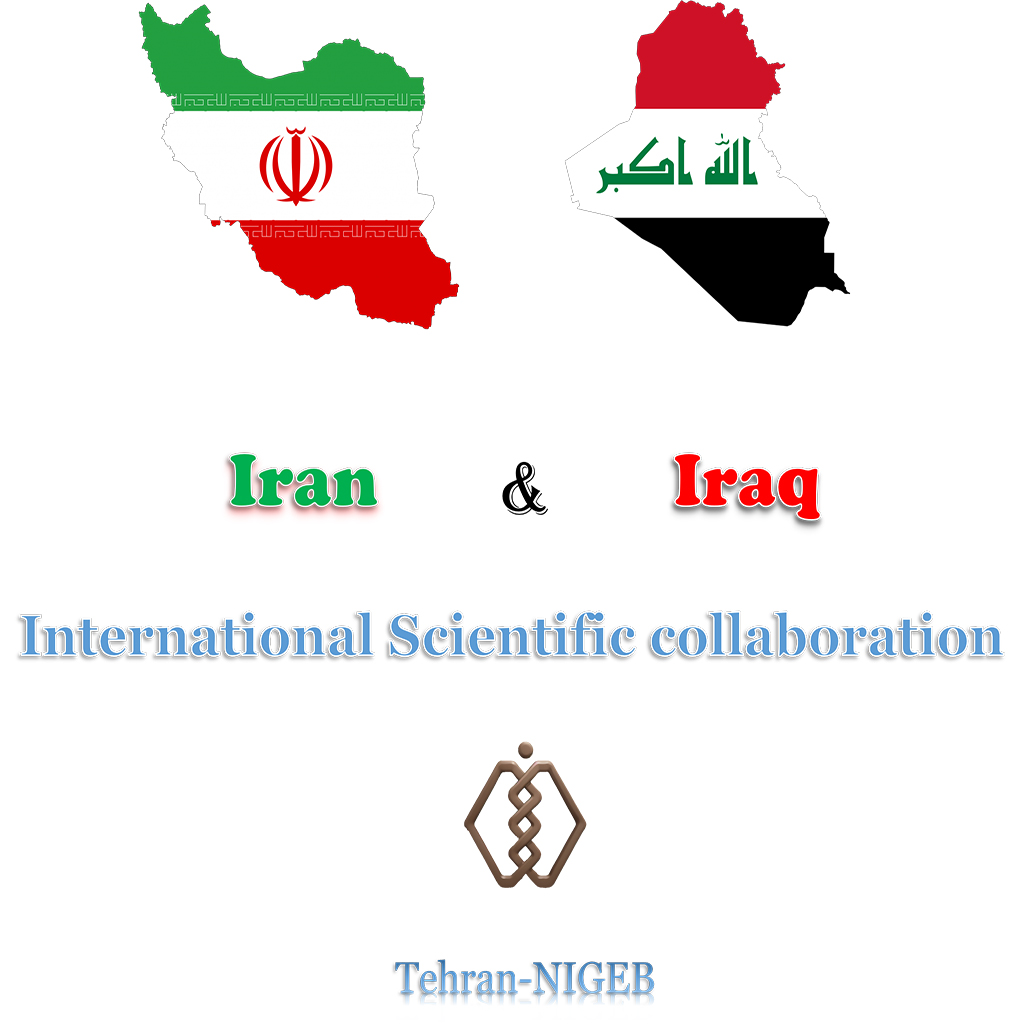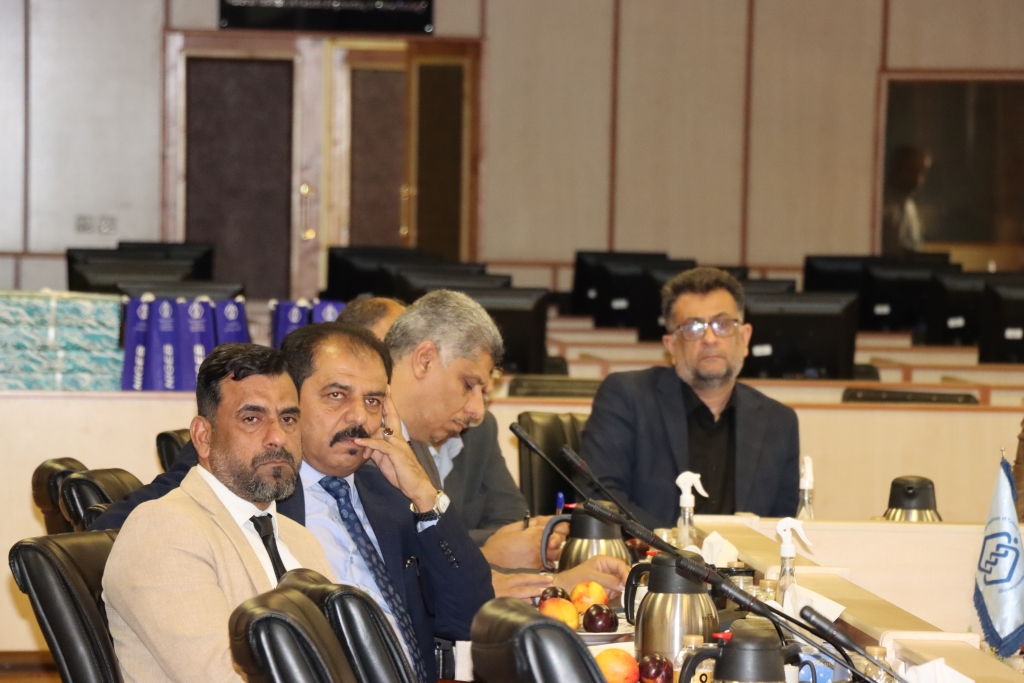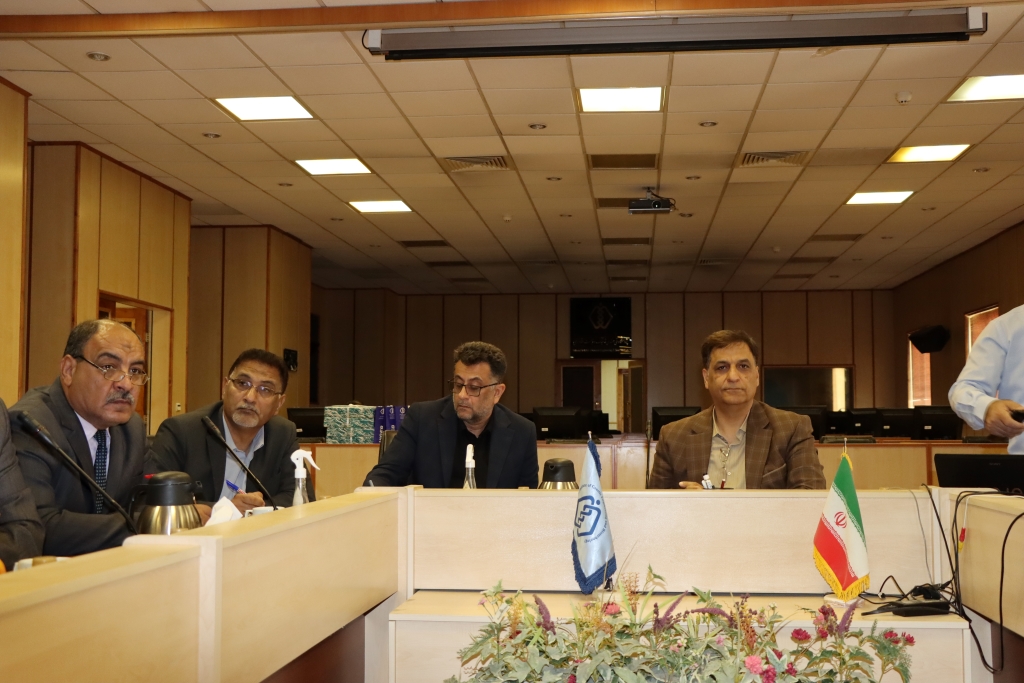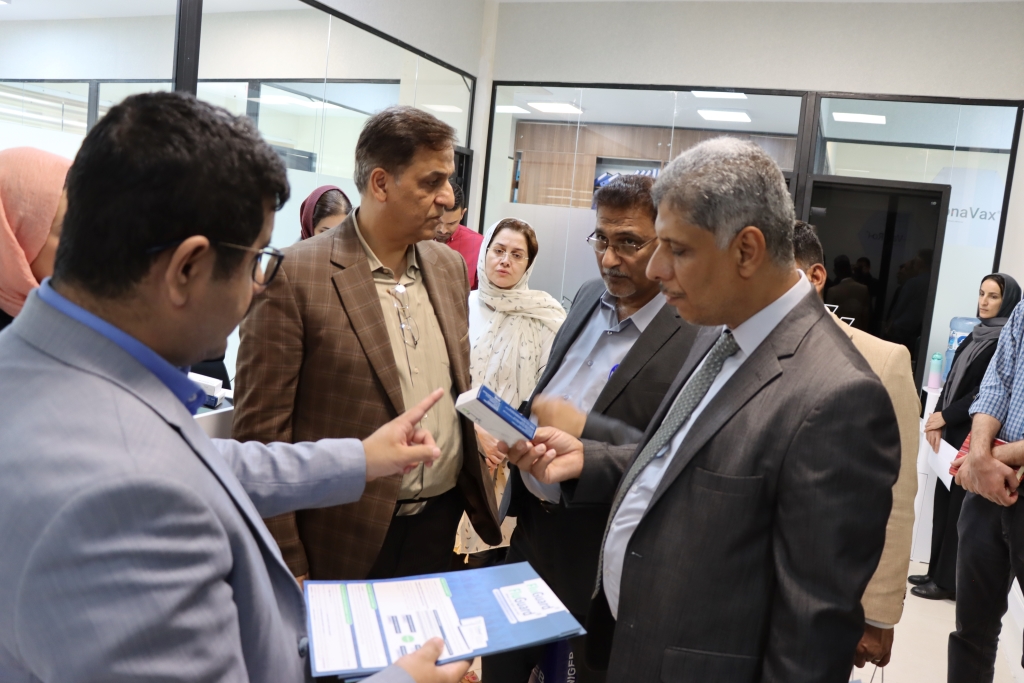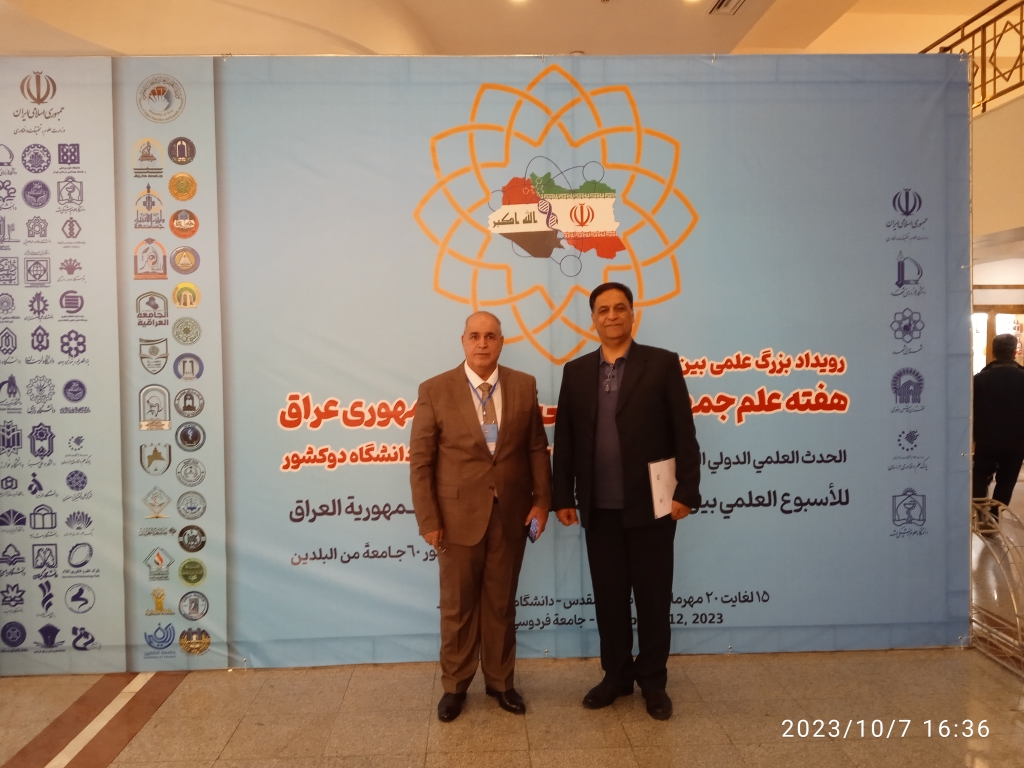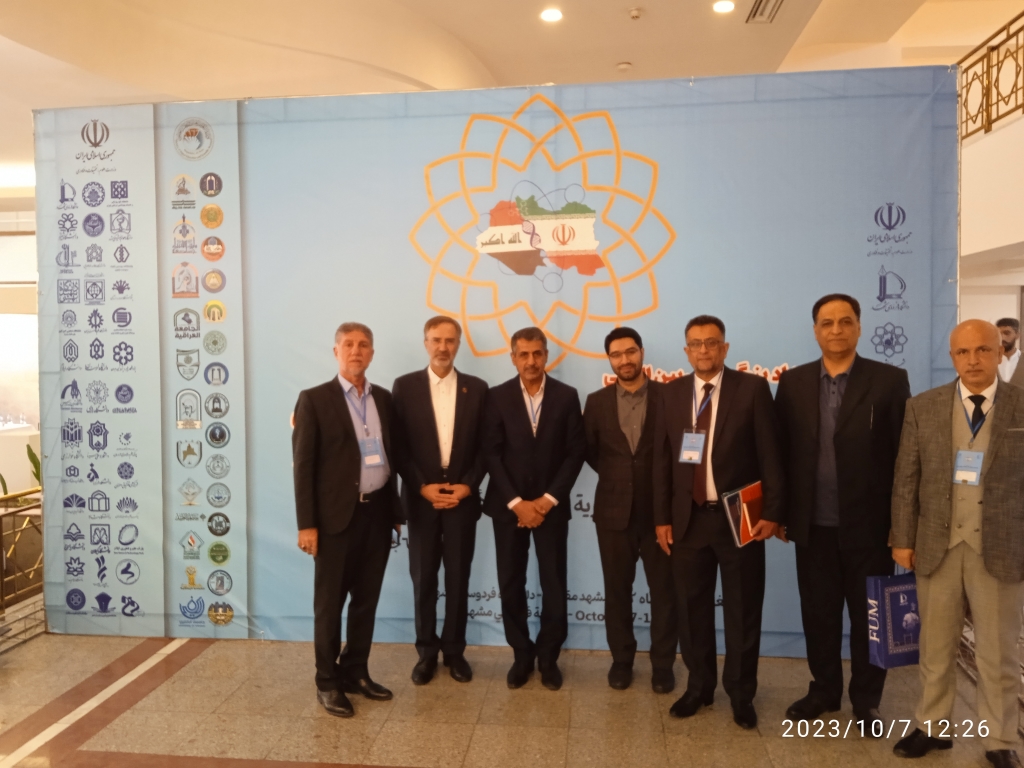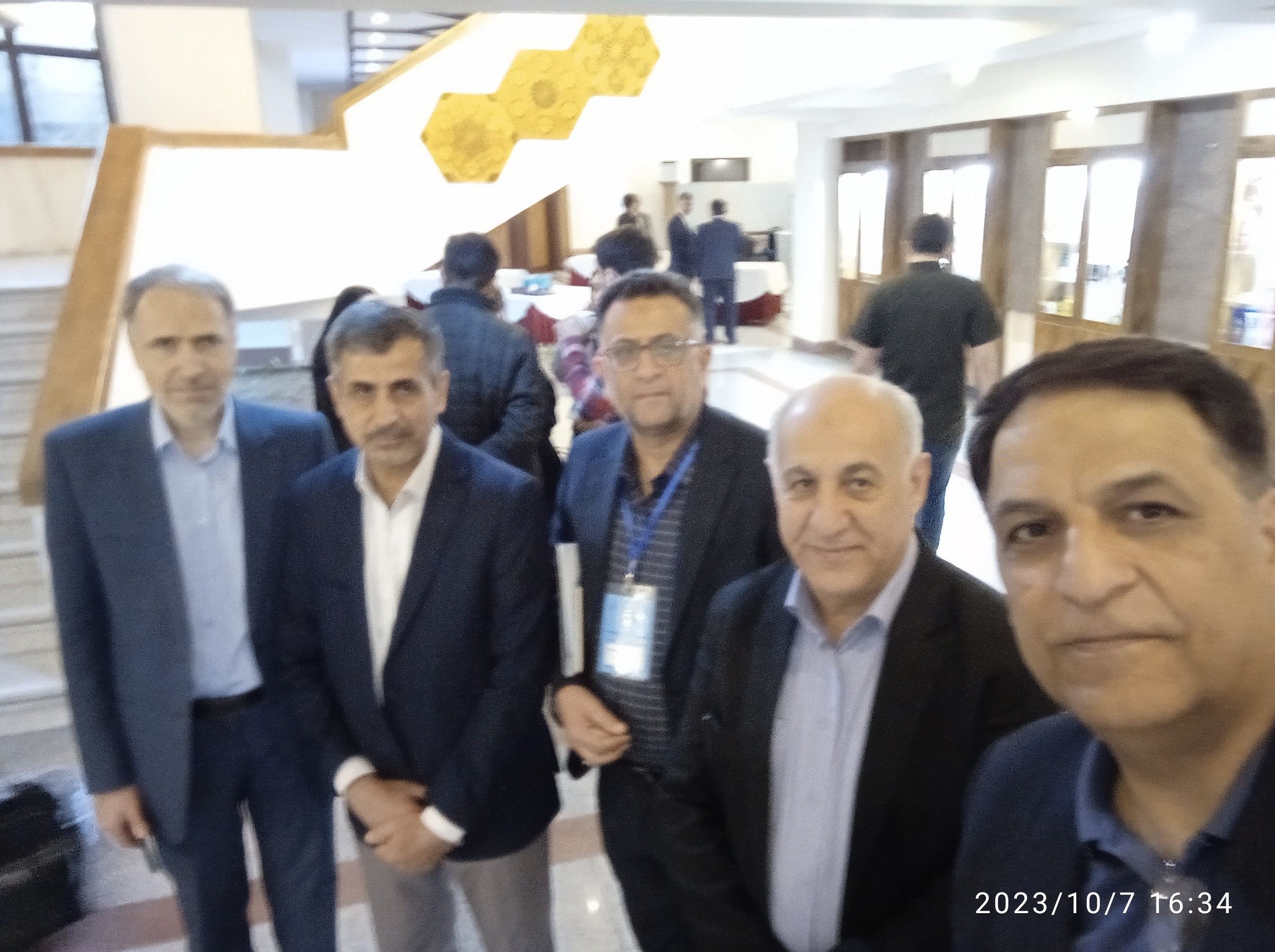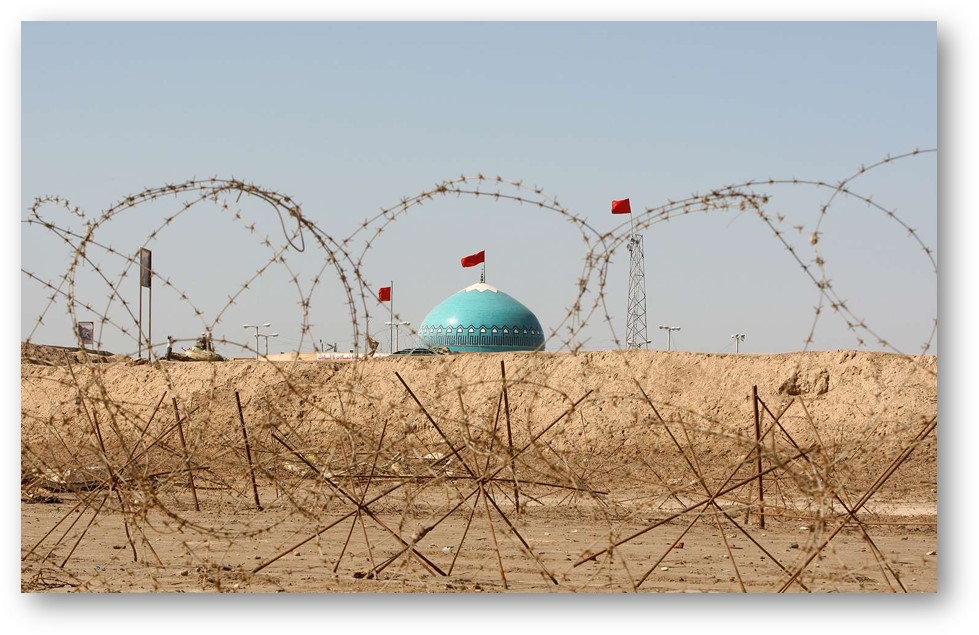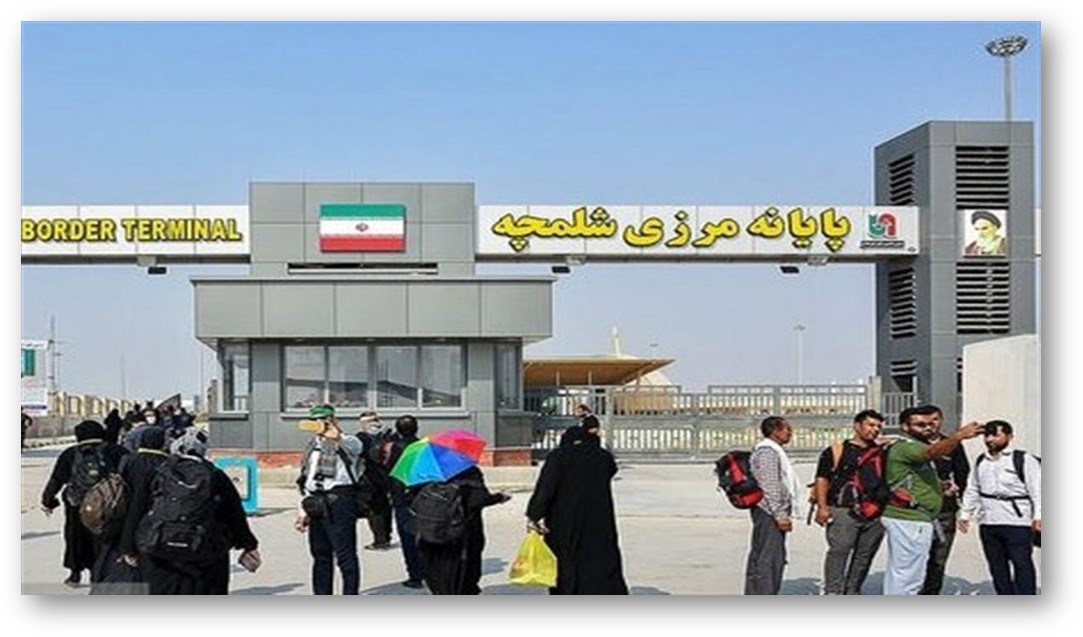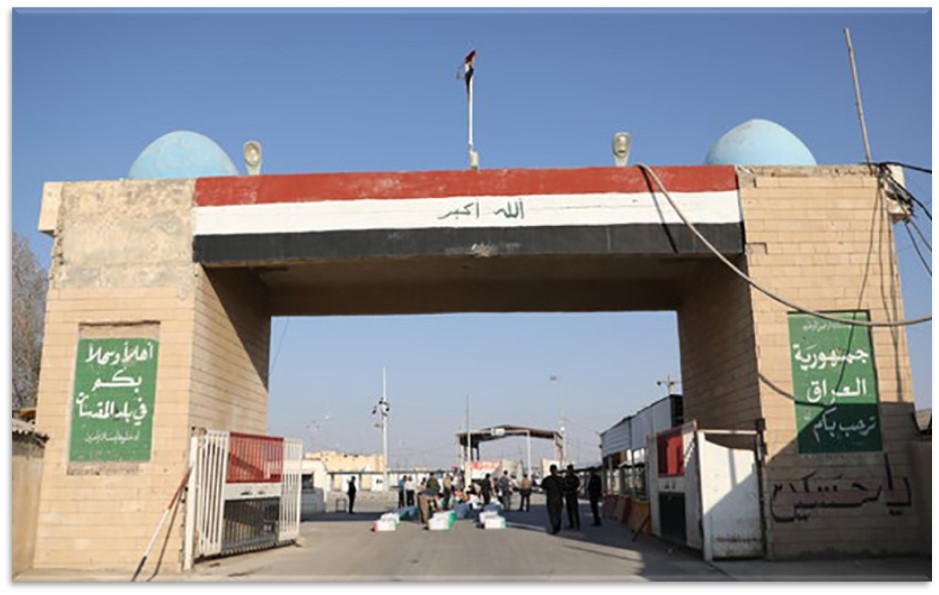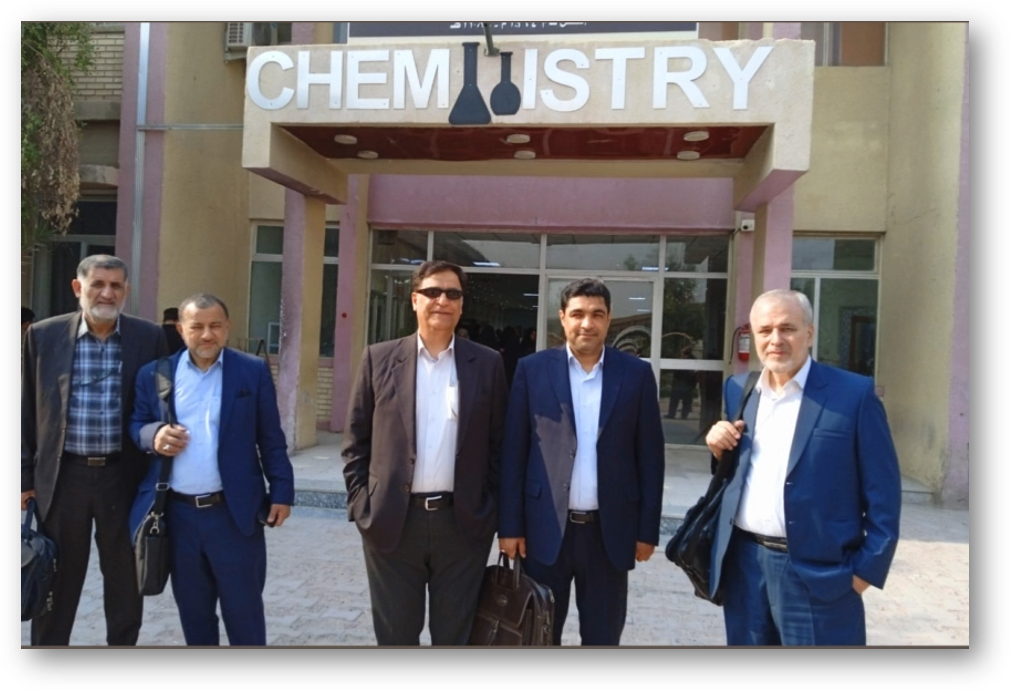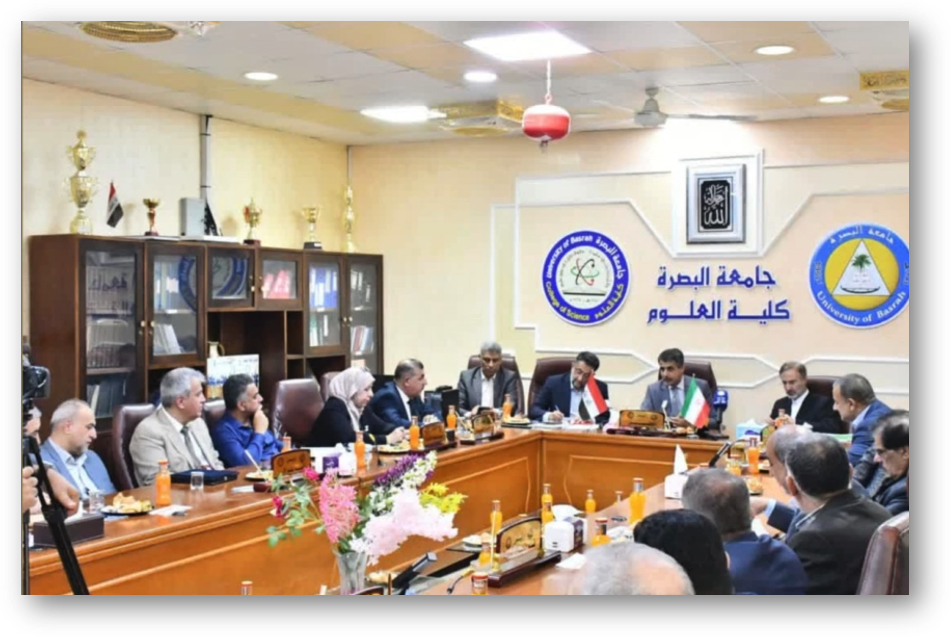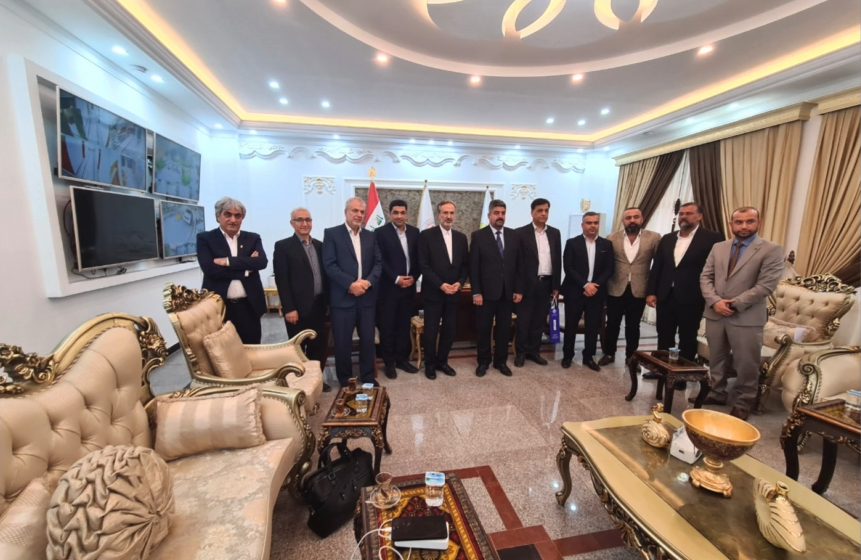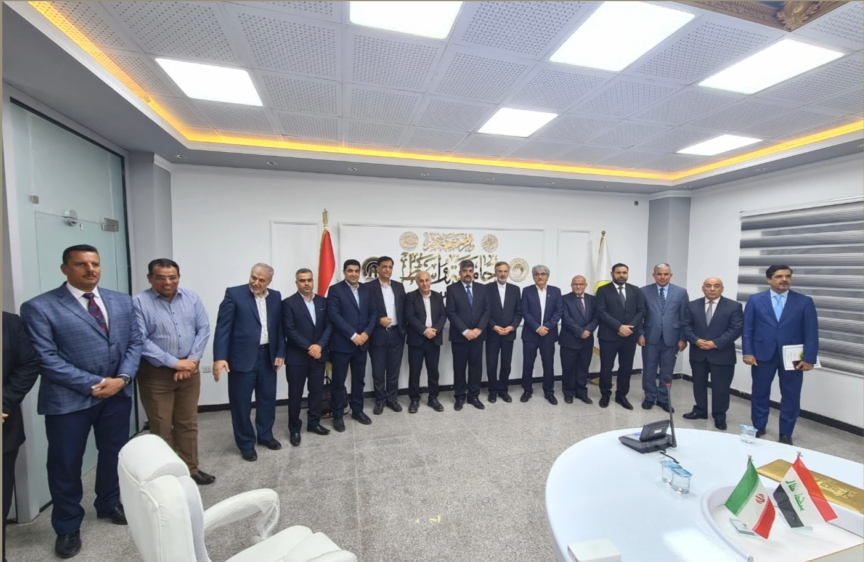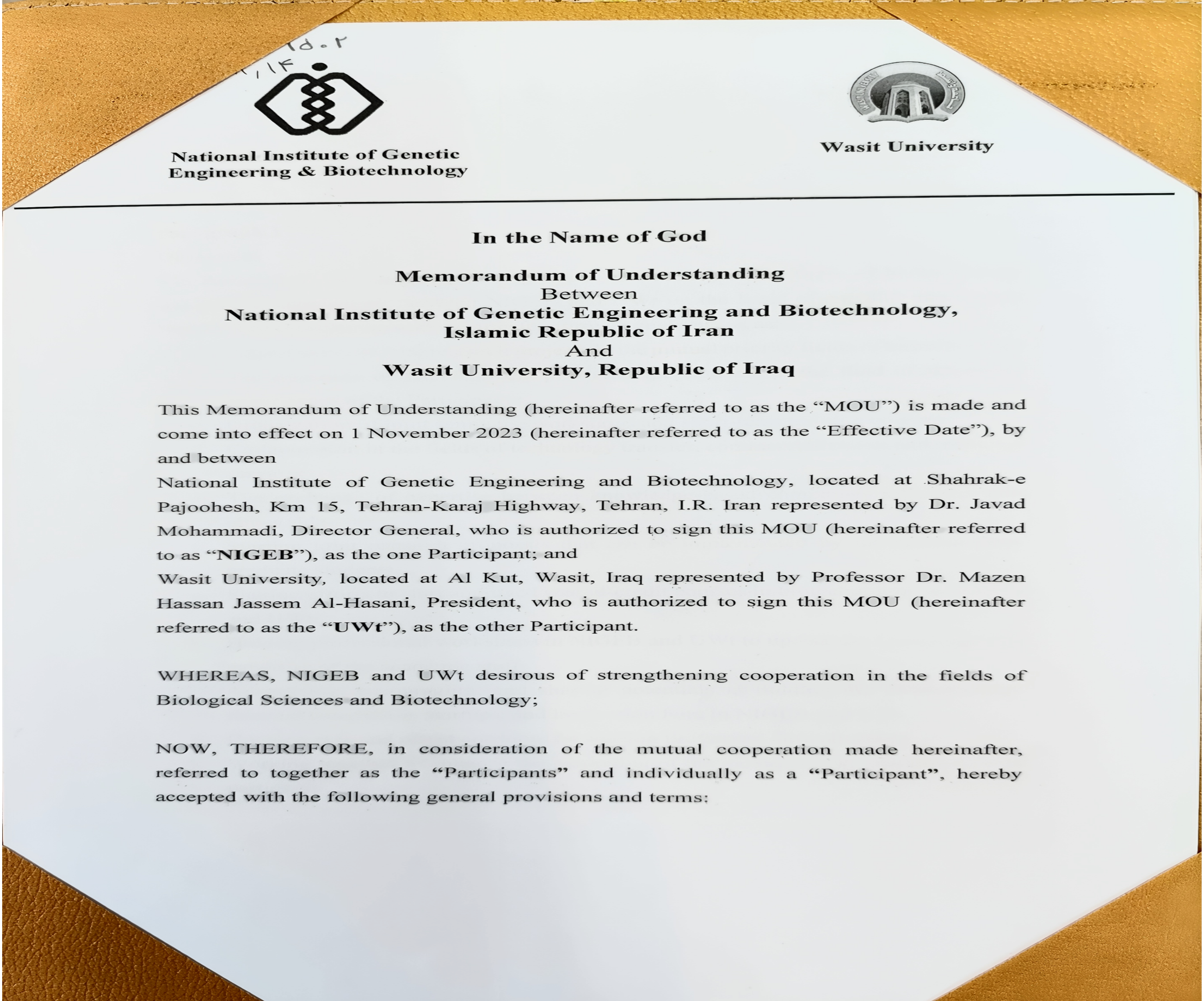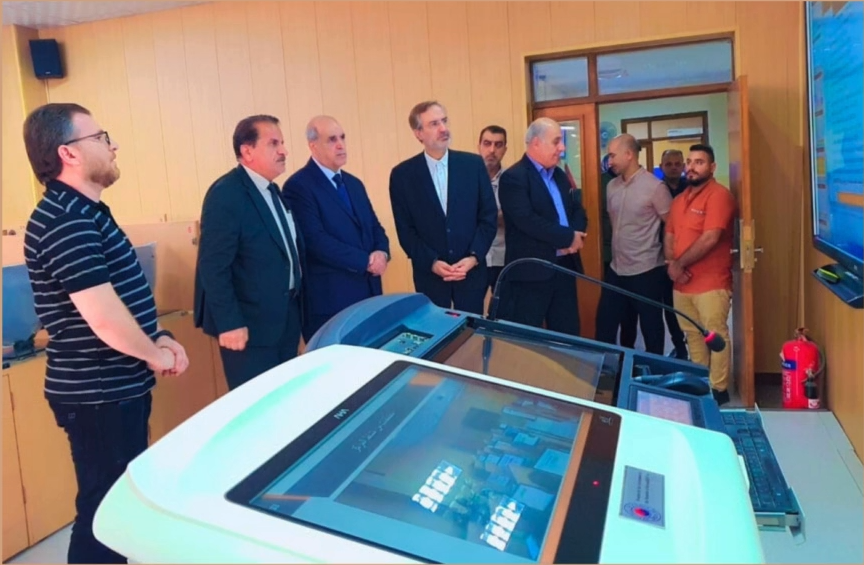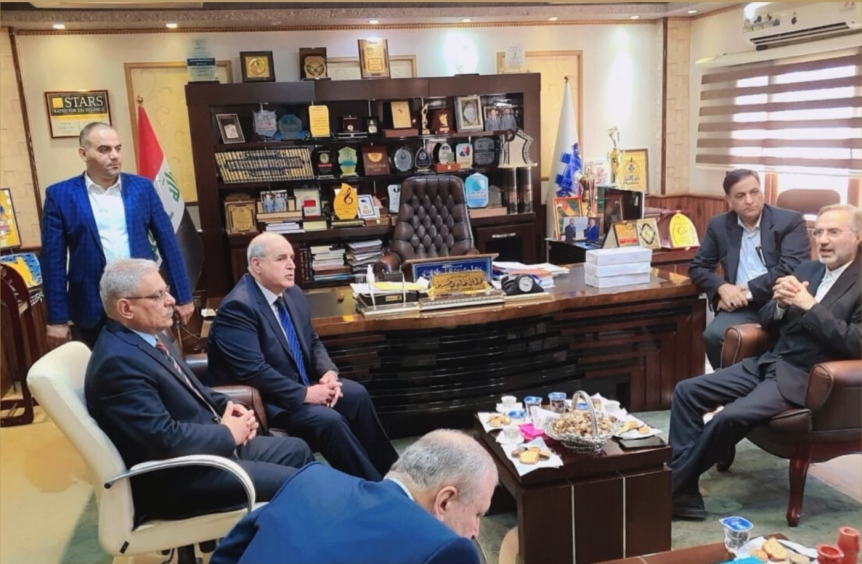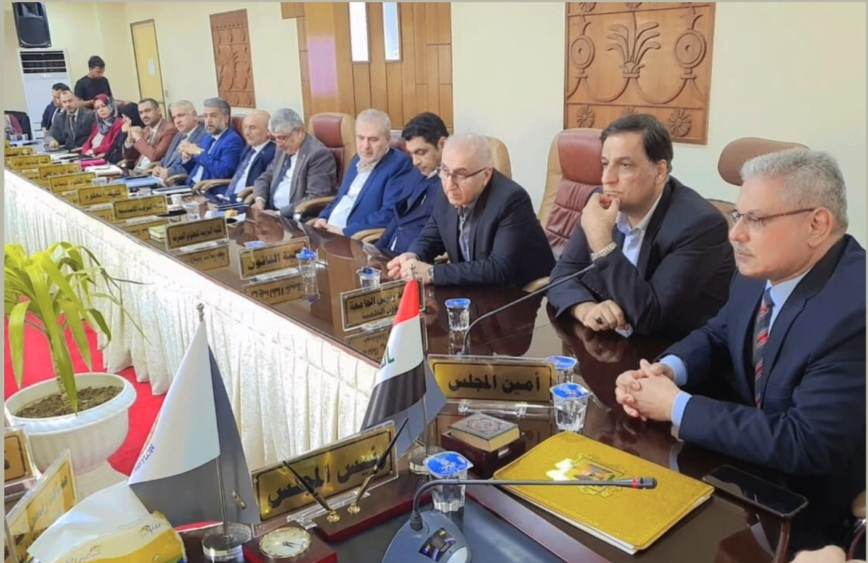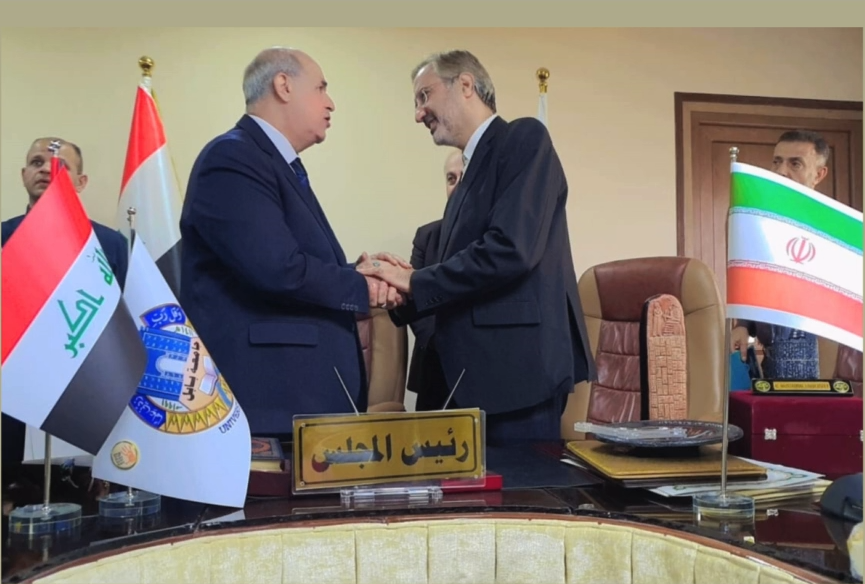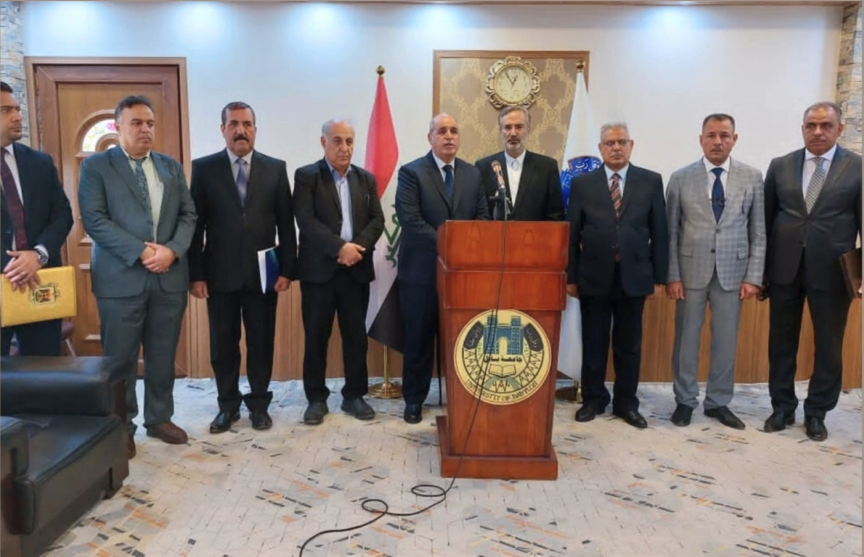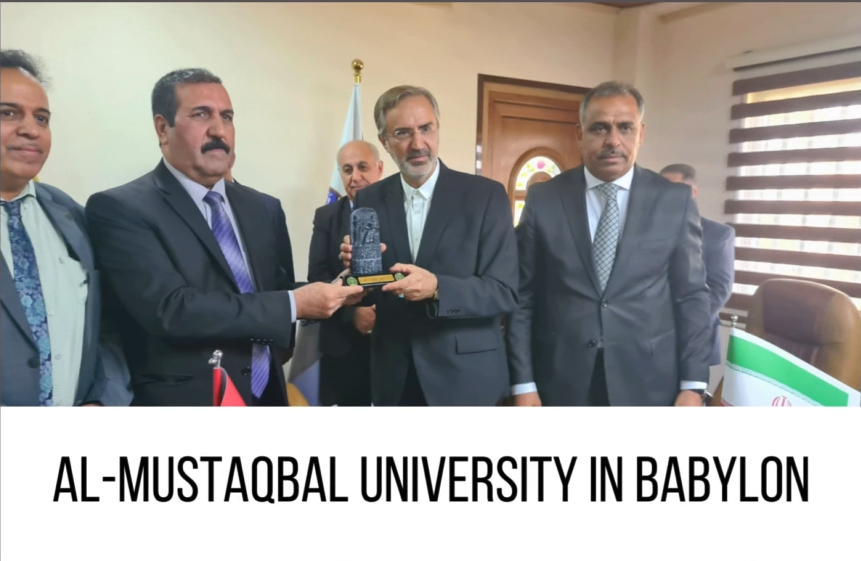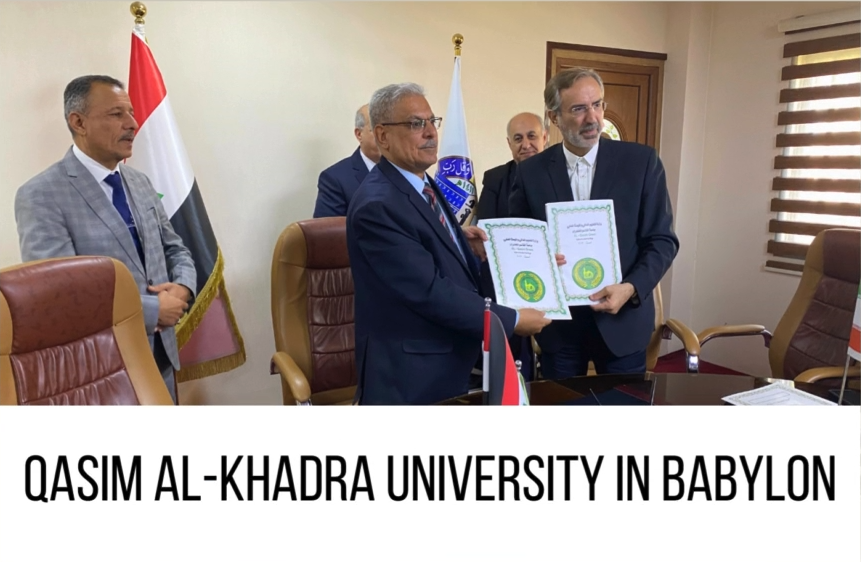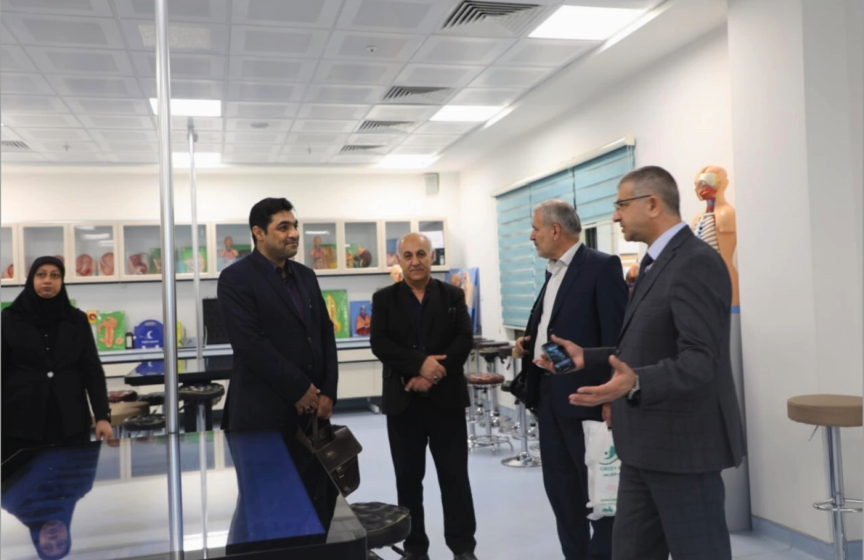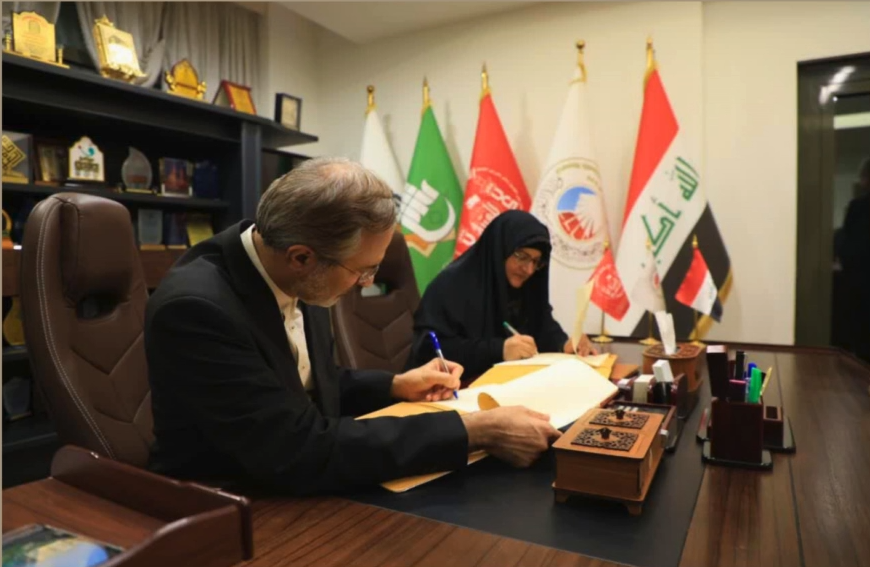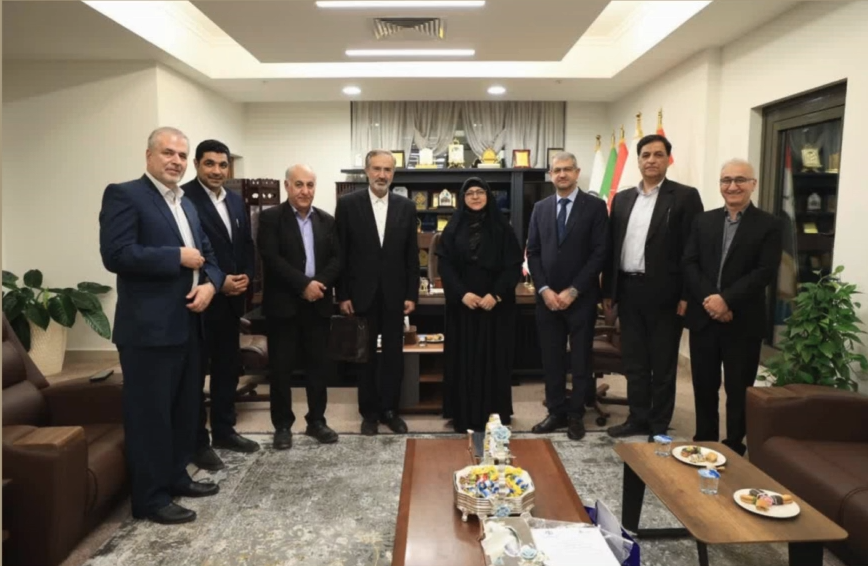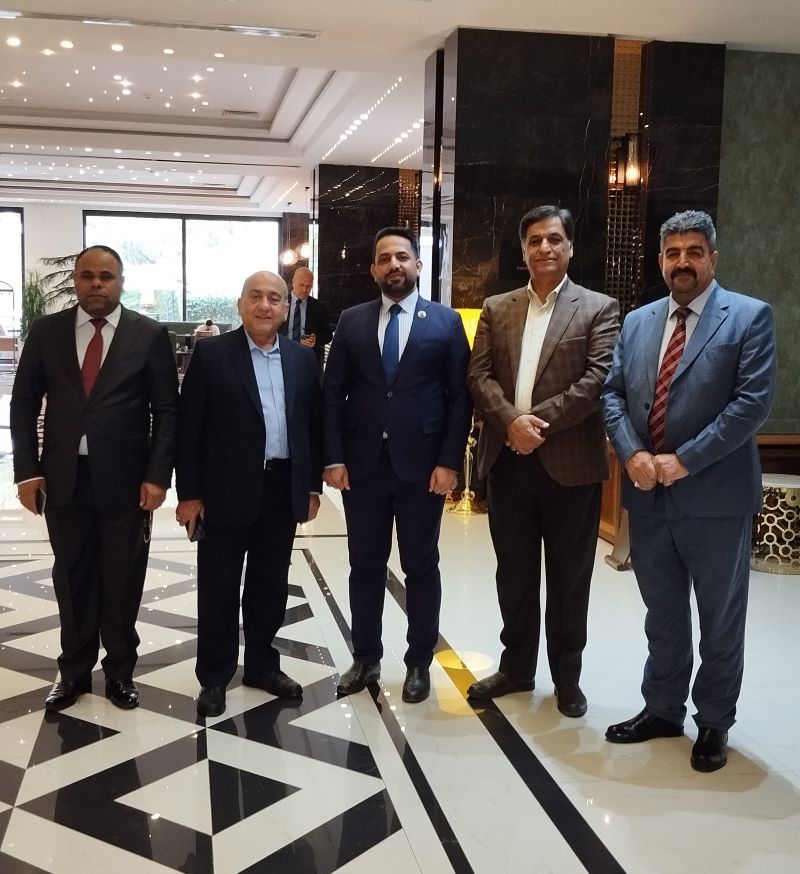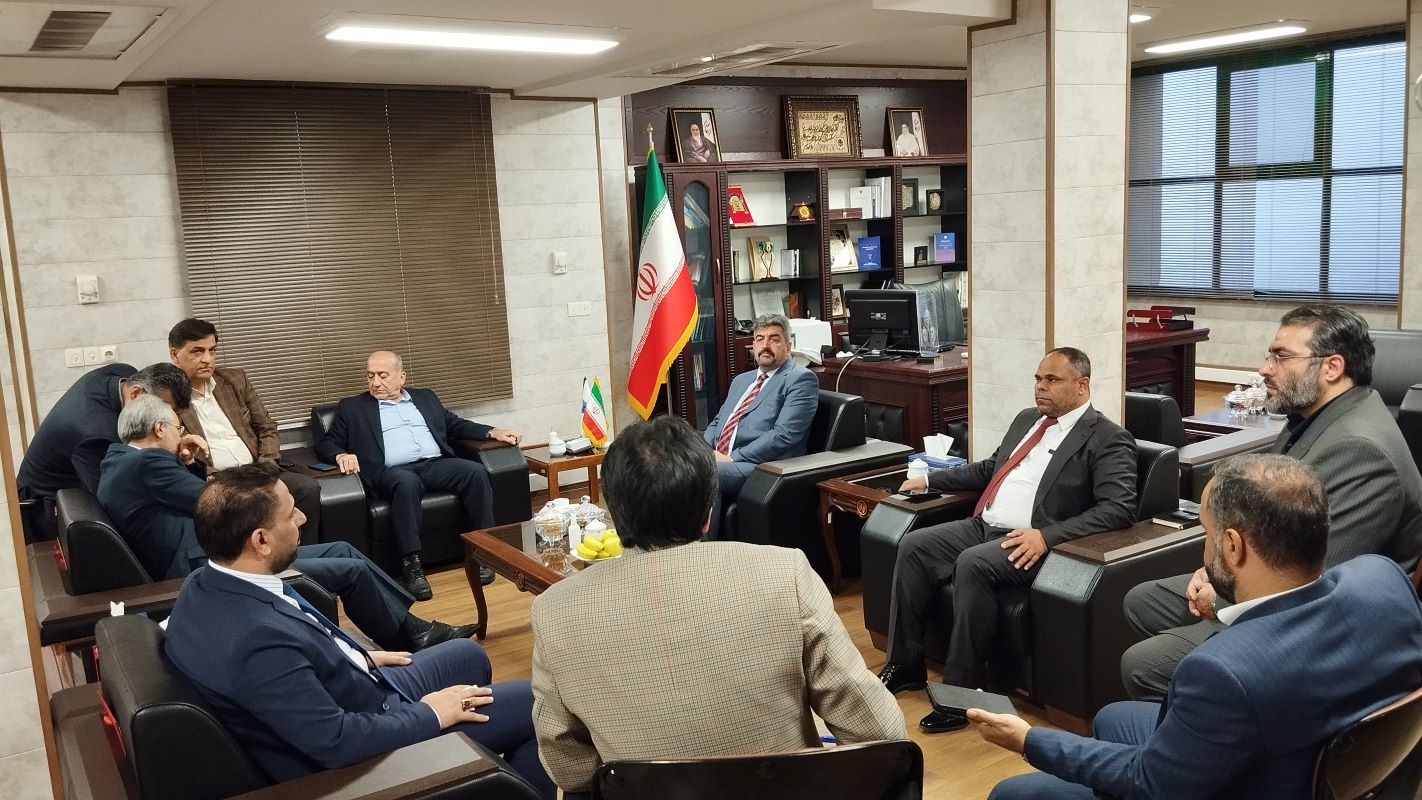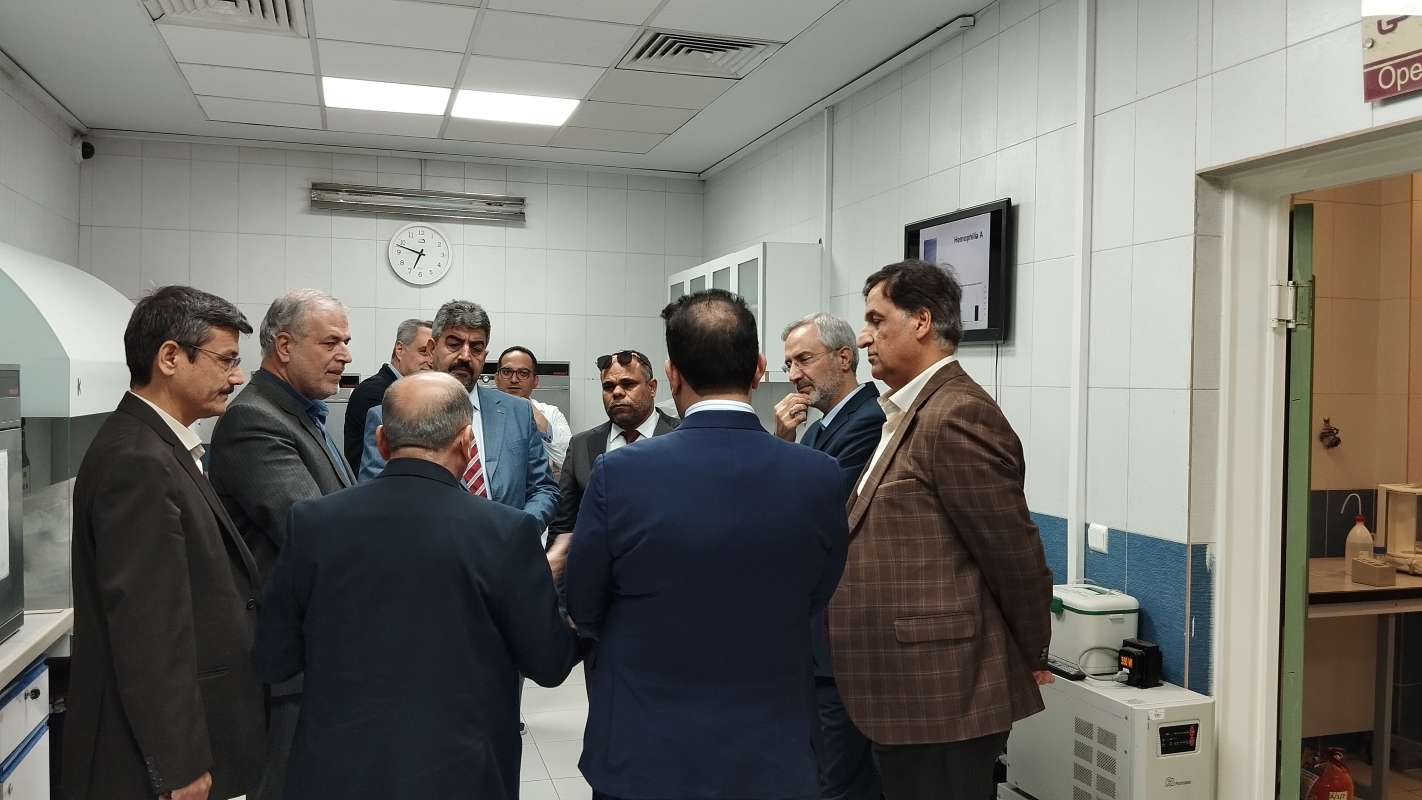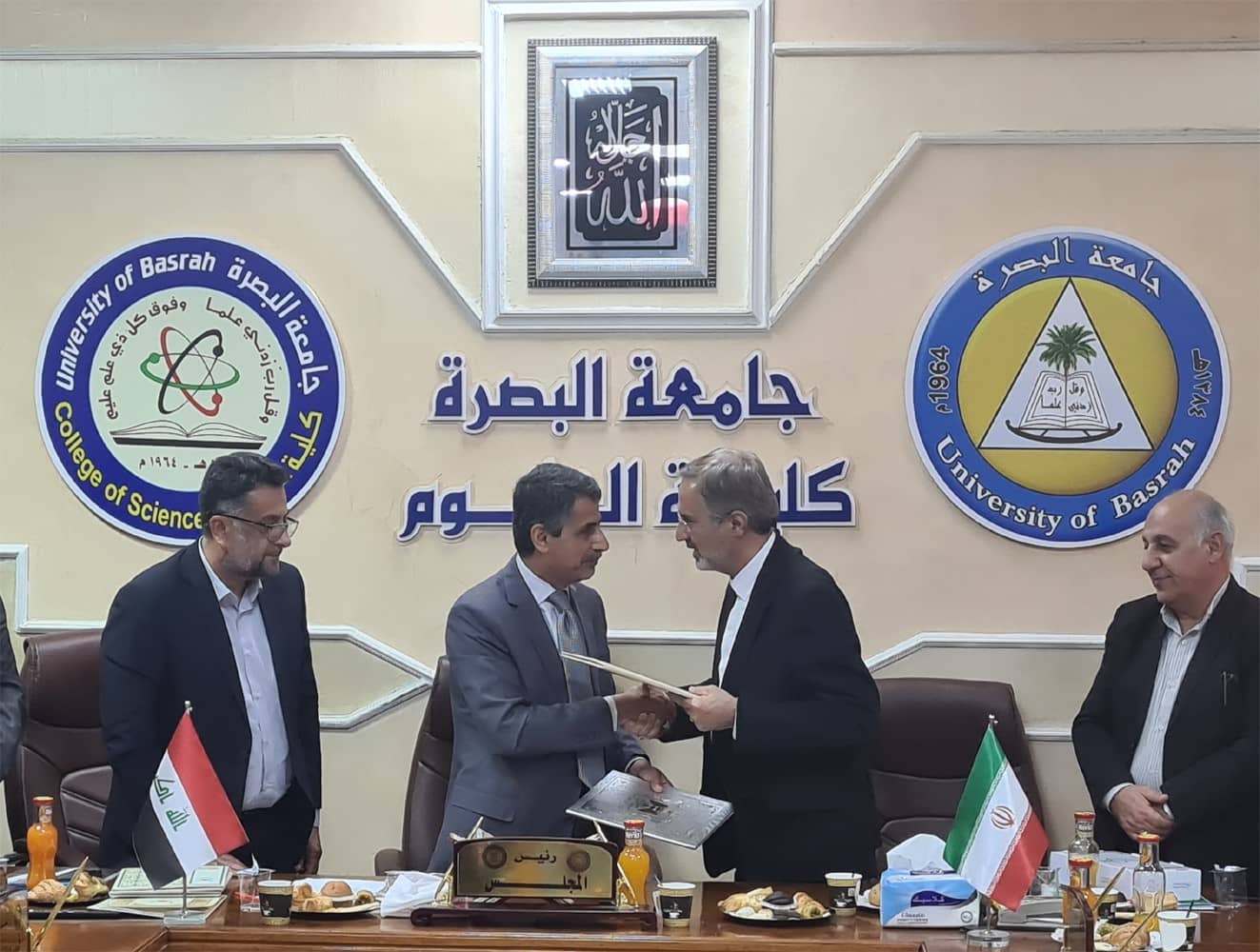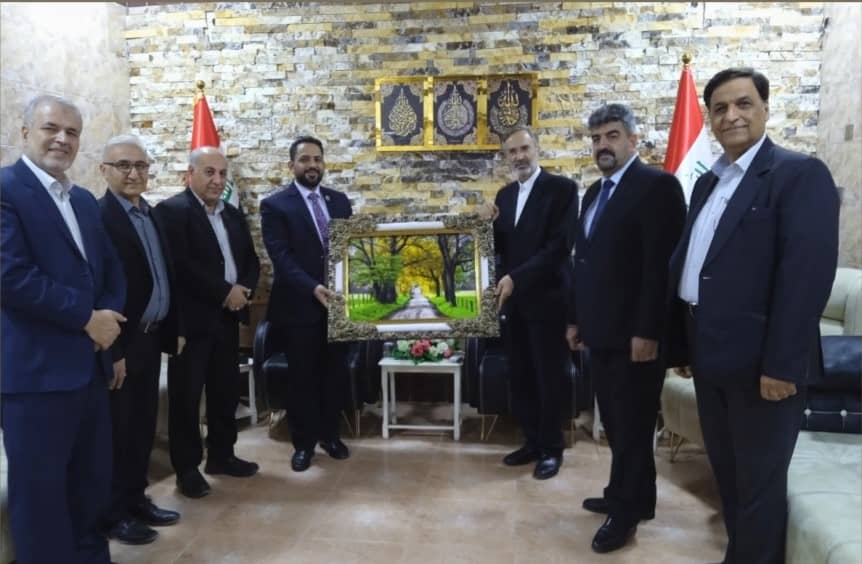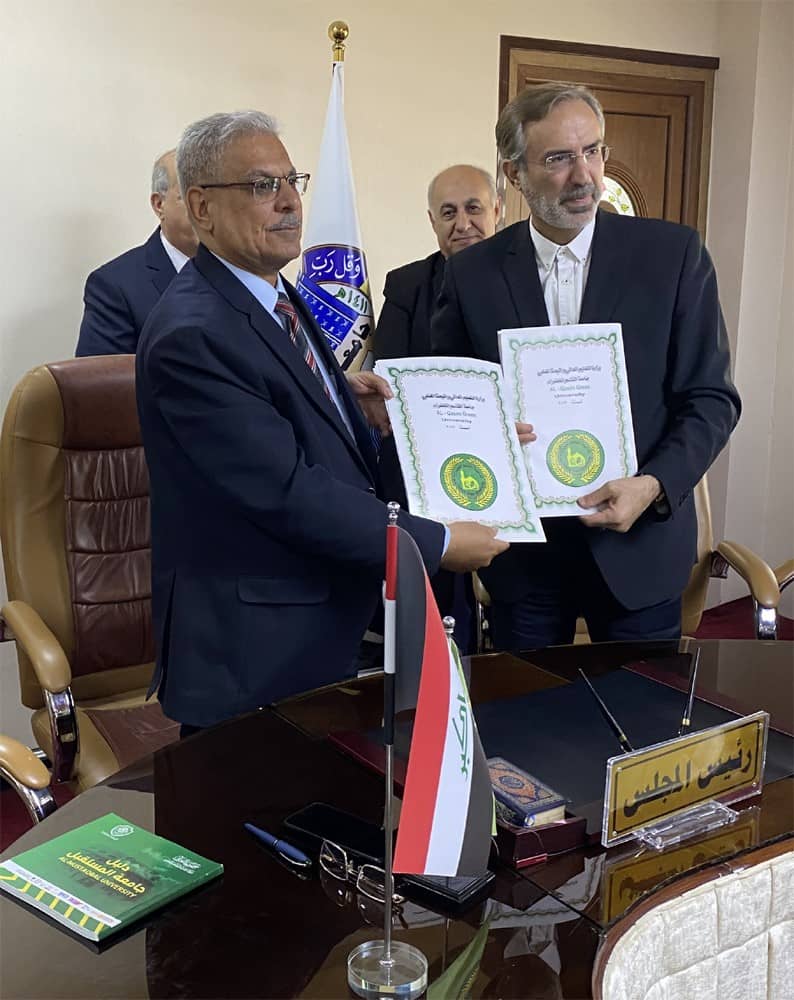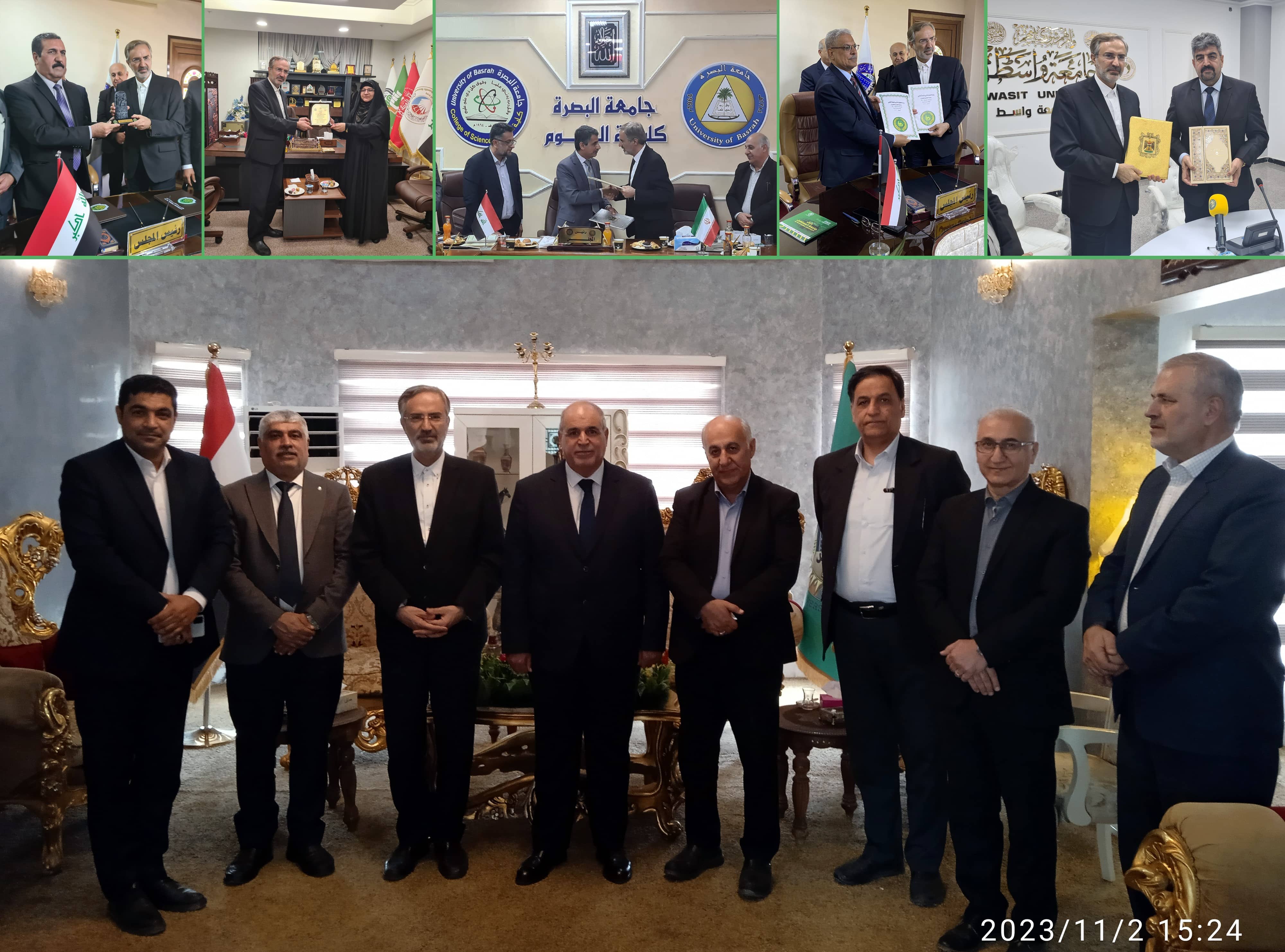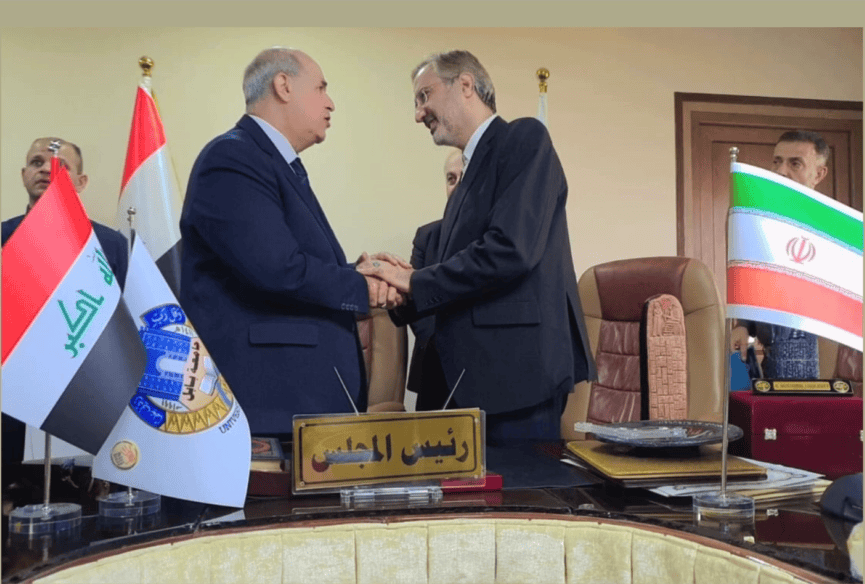Republic of Iraq - Nigeb International Site
Sharing Knowledge and Expertise Extends Peace and Enhances Prosperity
Republic of Iraq
Iran's National Institute of Genetic Engineering and Biotechnology and Iraq's Shrine of Abbas Sign Significant Cooperation Agreement
Iran's National Institute of Genetic Engineering and Biotechnology and Iraq's Shrine of Abbas have pledged to expand scientific collaborations in the field of biotechnology. The two parties have agreed to implement existing agreements and cooperate on various projects, including cancer research, gene therapy, and agriculture.
The meeting also highlighted the importance of student and faculty exchanges, as well as the establishment of joint research laboratories. These collaborative efforts aim to advance scientific and technological progress in the region while leveraging the scientific capabilities of both countries.
By joining forces, Iran and Iraq hope to make significant strides in biotechnology research, ultimately benefiting both nations and the wider Middle East.
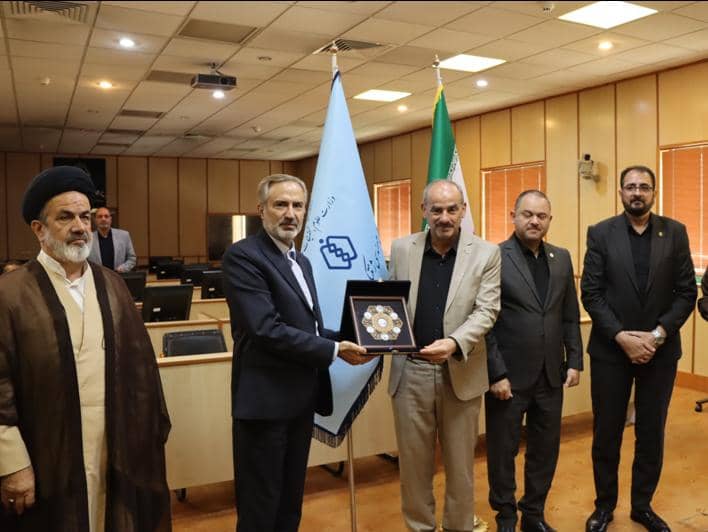
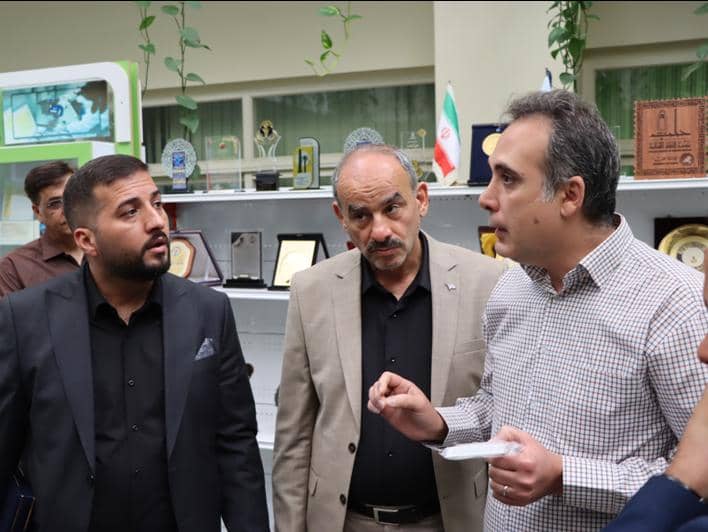
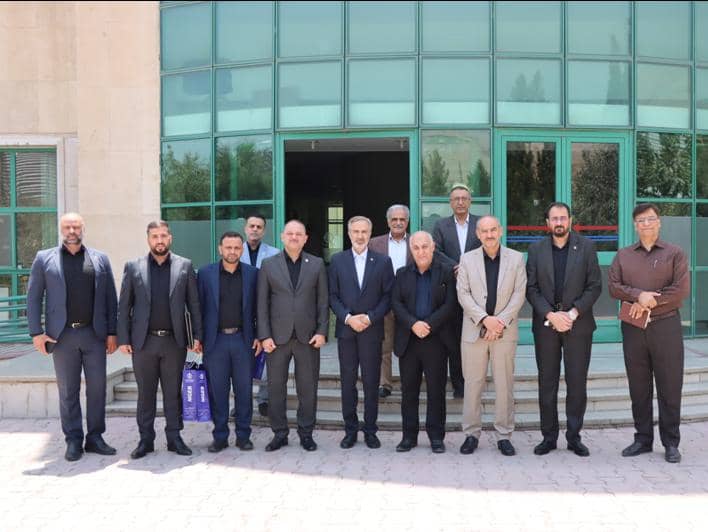
Trustee of Holy Shrine of Imam Hossein and Scientific Coordinator of Al-Zahra University Visited NIGEB
The esteemed trustee of the holy shrine of Imam Hossein (peace on him) and the scientific coordinator of Al-Zahra University of Karbala visited NIGEB. Bestowing a blessed flag of the divine shrine, they discussed possible ways to boost their scientific collaboration.
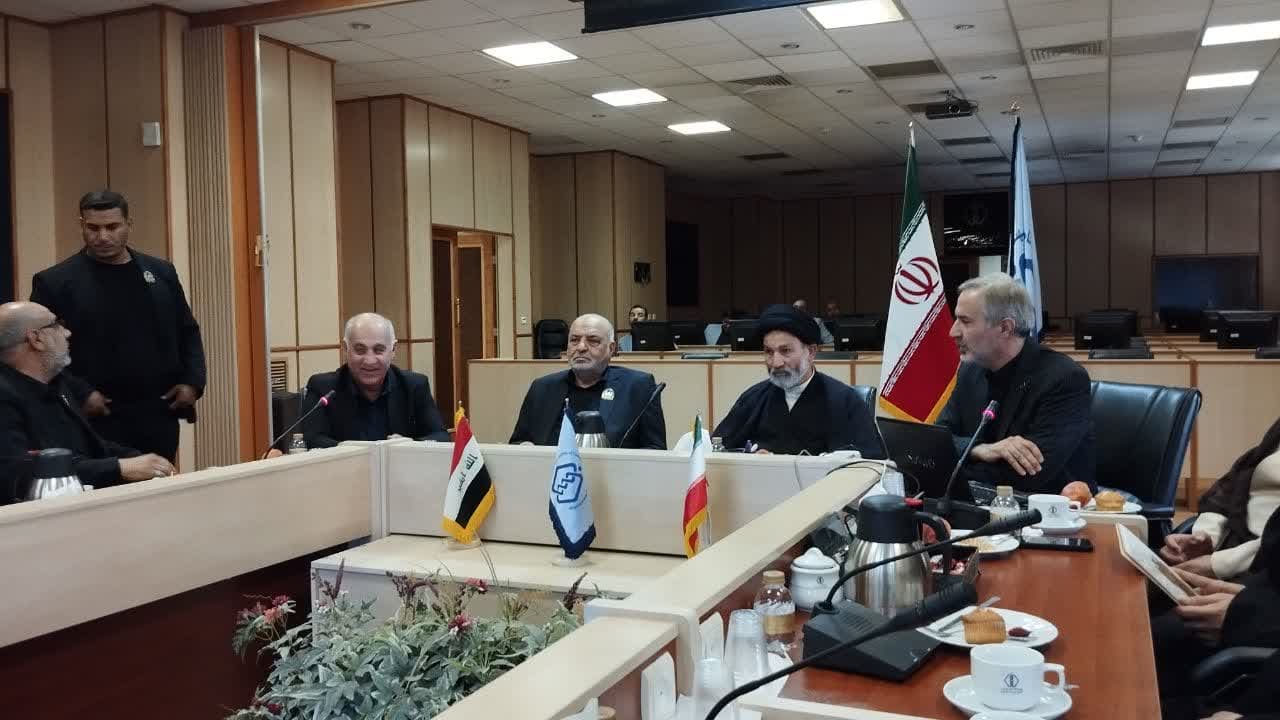
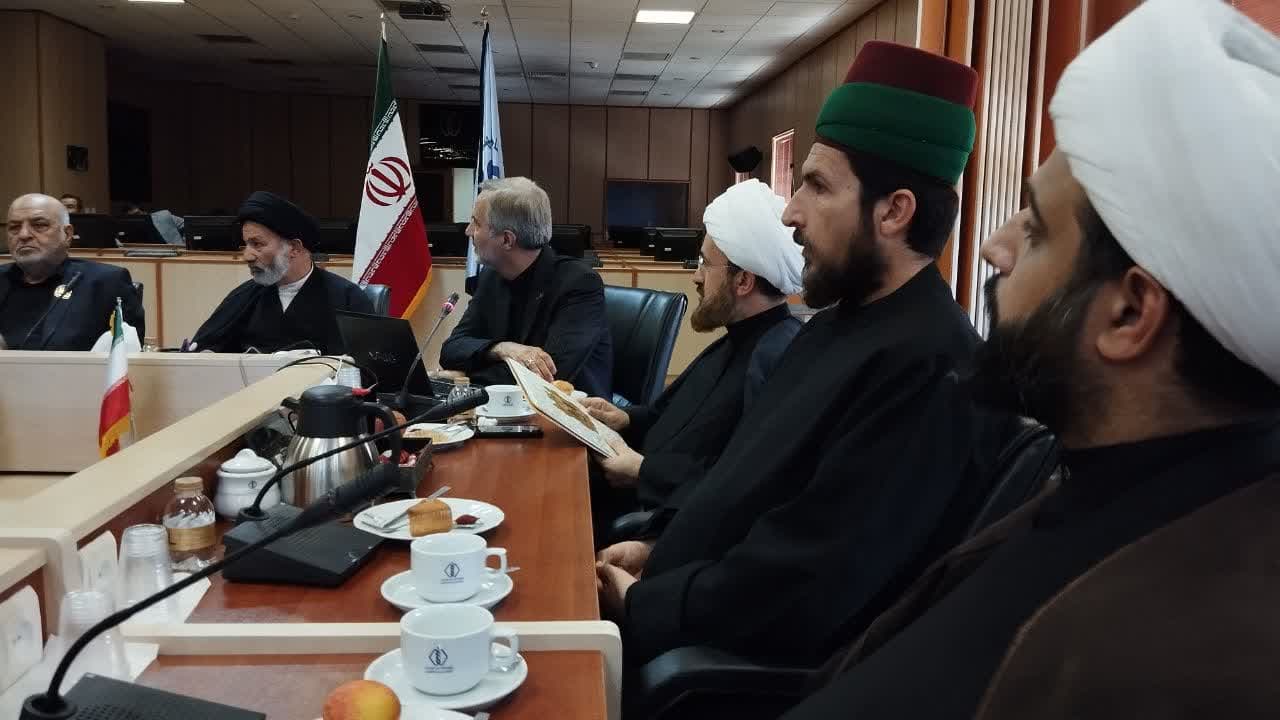
Visiting Iraq Universities
In order to expand collaborative scientific efforts with Iraqi universities and research centers, a delegation from the National Institute of Genetic Engineering and Biotechnology visited several institutions. The delegation’s visit included universities such as Basra, Wasit, Babol, Karbala, Al-Mustaqbal, Qasim Al-Khadra, Al-Zahra Karbala, and the Cancer Research Center in Karbala. During these visits, specialized sessions were held, resulting in the signing of six memoranda of understanding with the universities. Additionally, two sessions focused on the development of novel drugs and involved researchers from Baghdad and Karbala universities. These sessions covered detailed discussions on early detection methods for various types of cancer and appropriate therapeutic interventions by Iraqi researchers. Furthermore, collaboration with Iraqi economic actors in the field of selling products from knowledge-based companies and providing specialized services was also explored. These efforts aim to enhance diplomatic interactions, academic relations, and cultural exchange between Iran and Iraq
